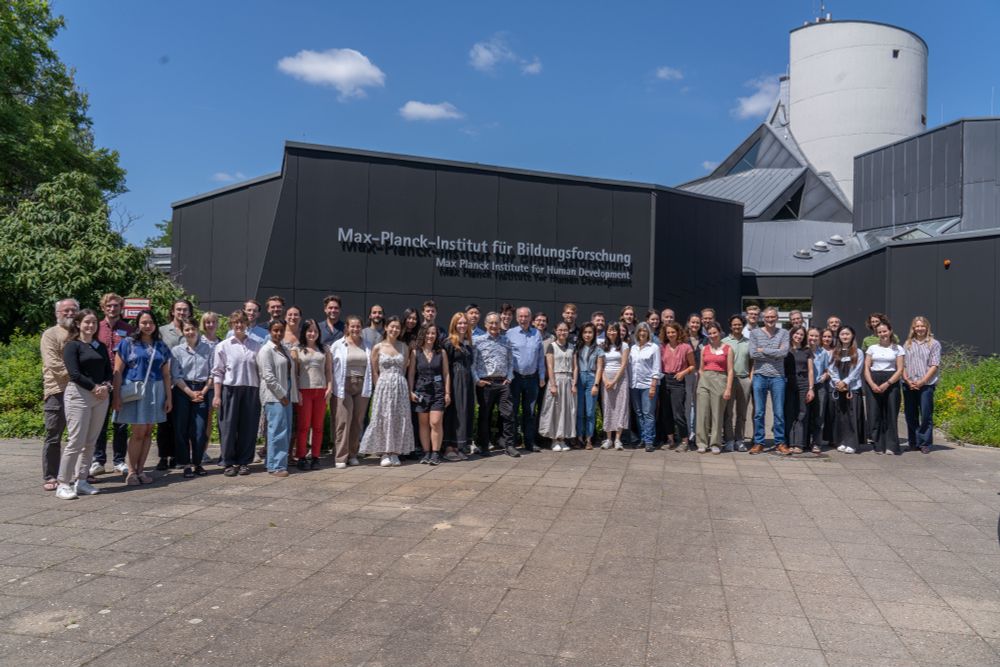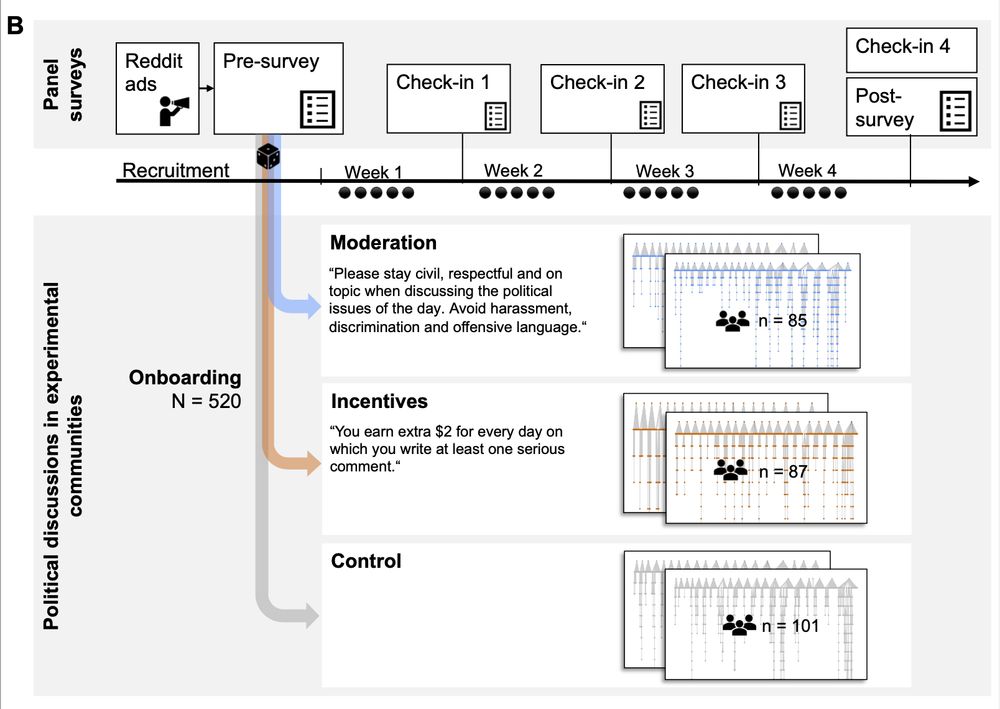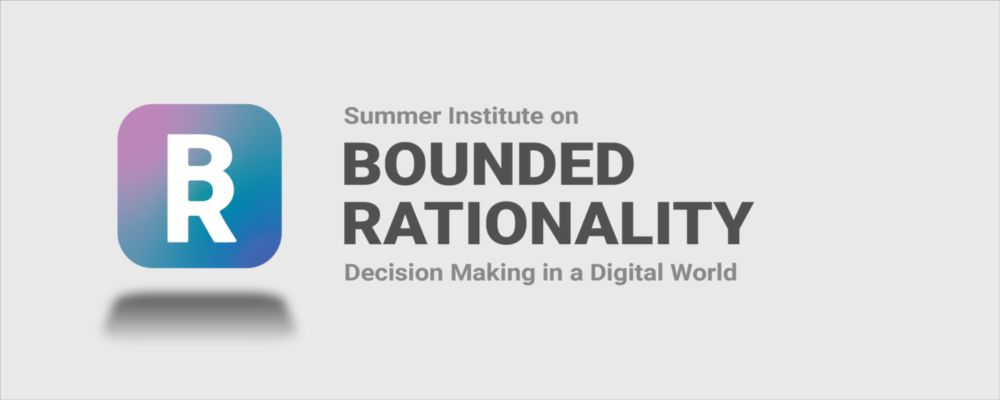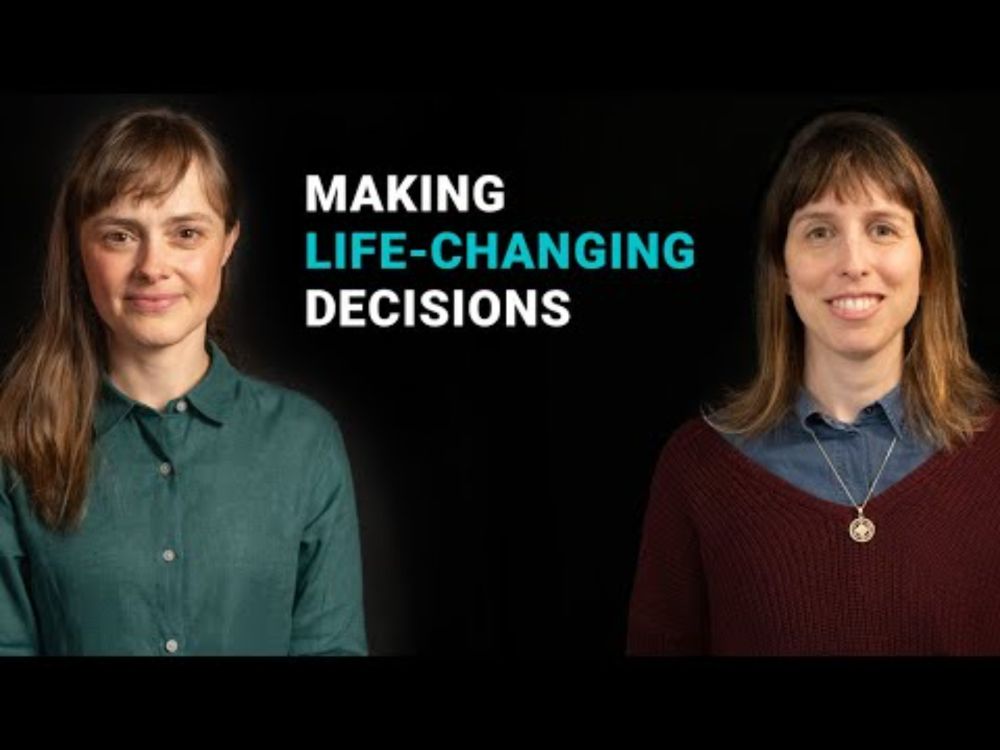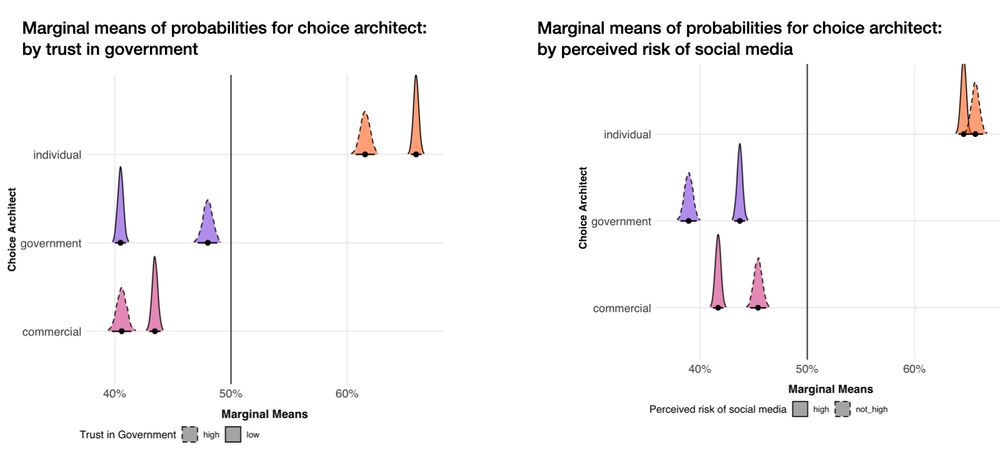Friederike Stock
@fstock.bsky.social
180 followers
260 following
10 posts
PhD student @ Center for Adaptive Rationality, Max Planck Institute for Human Development
| decision-making in online environments
Posts
Media
Videos
Starter Packs
Pinned
Friederike Stock
@fstock.bsky.social
· Dec 17
Reposted by Friederike Stock
Reposted by Friederike Stock
Reposted by Friederike Stock
Reposted by Friederike Stock
Reposted by Friederike Stock
Reposted by Friederike Stock
Reposted by Friederike Stock
Reposted by Friederike Stock
Friederike Stock
@fstock.bsky.social
· Dec 19
Reposted by Friederike Stock
Friederike Stock
@fstock.bsky.social
· Dec 17
Friederike Stock
@fstock.bsky.social
· Dec 17
Friederike Stock
@fstock.bsky.social
· Dec 17
Friederike Stock
@fstock.bsky.social
· Dec 17

